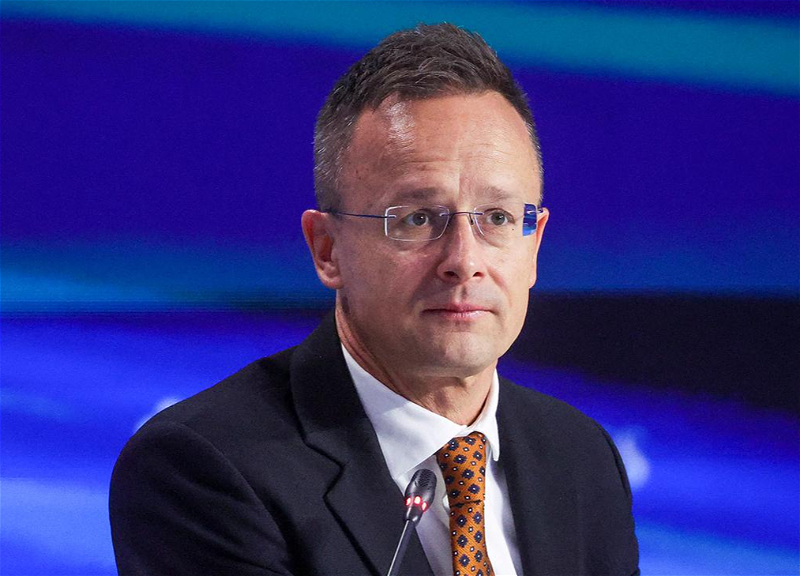Новости Азербайджана
Главные новости

Мнение
Энергетическая архитектура Зангезурского коридора: Нахчыван становится стратегическим узлом региона
Последовательно реализуя масштабные инфраструктурные проекты геоэкономического значения, Азербайджан формирует новую энергетическую архитектуру региона, расширяя «зону зеленой энергии» и укрепляя стратегическую ...
Политика
Баку и Тегеран подписали меморандум по итогам 17-го заседания Госкомиссии - ФОТО
23 февраля в Баку состоялось 17-е заседание Государственной комиссии по экономическому, торговому и гуманитарному сотрудничеству между Азербайджанской Республикой и Исламской ...
Экономика
Строительство автомобильного моста Агбенд–Келале завершено
Строительство автомобильного моста Агбенд–Келале уже завершено. Как сообщает АПА, об этом заявил вице-премьер Азербайджана, сопредседатель Межгосударственной комиссии Азербайджан–Иран с азербайджанской стороны ...
Общество
Совет прессы: «Журналистская деятельность должна быть направлена на защиту интересов общества»
Журналистская деятельность должна быть направлена на защиту интересов общества и не должна превращаться в инструмент распространения неприятных поступков и поведения ...
Общество







































